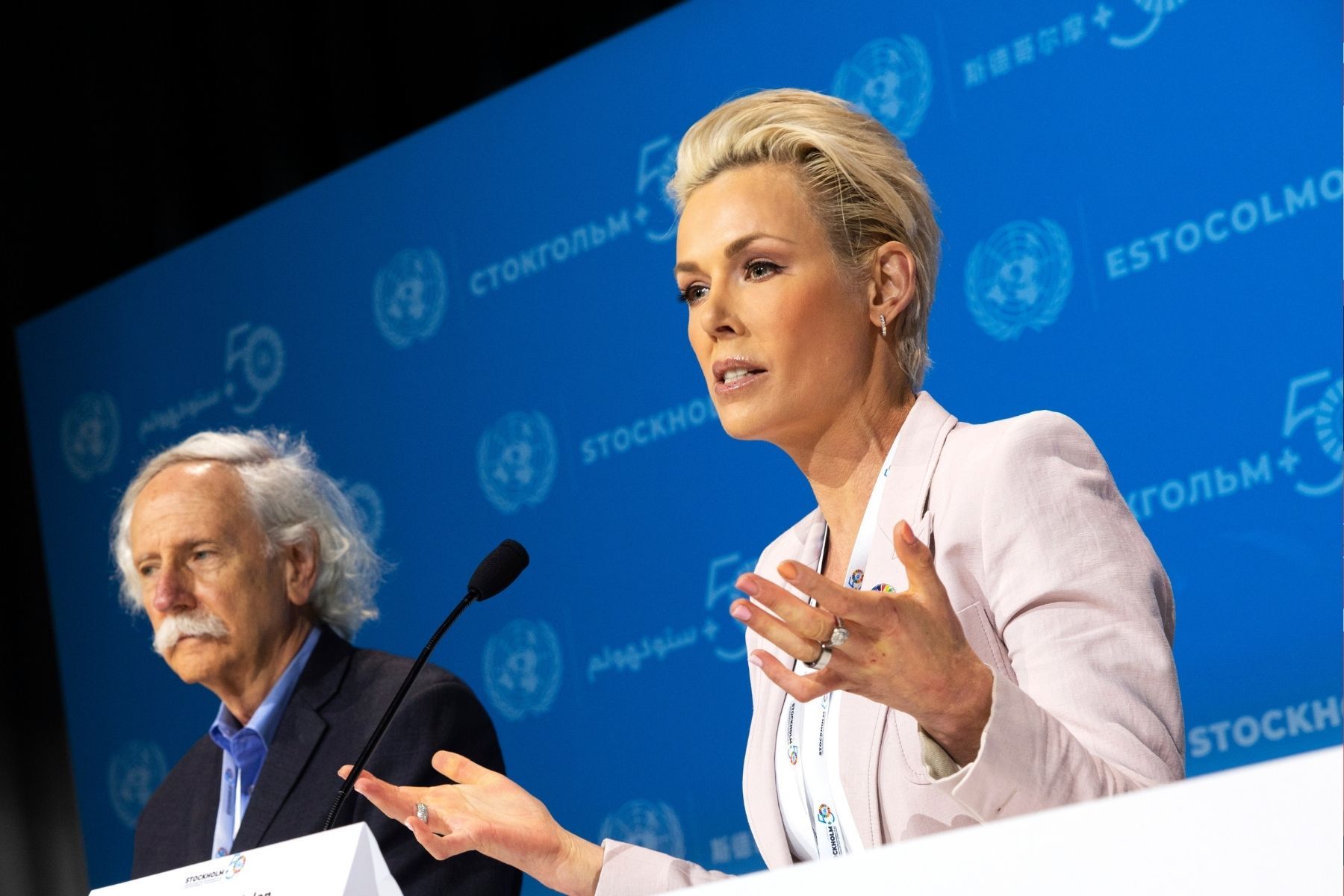Amphistar strikes deal to scale upcycled biosurfactants across Europe

Belgian biotech startup AmphiStar has teamed up with Caldic to push its up-cycled bio-surfactants into Europe’s personal care market. <br><br>The move comes as brands increasingly look for greener alternatives to fossil fuel-based cosmetics.
.png)

Belgian biotech startup AmphiStar has struck a partnership with Caldic, a global specialty chemicals distributor, as it seeks to accelerate the roll-out of its up-cycled bio-surfactants across Europe’s personal care sector.
The startup focuses on producing bio-surfactants from repurposed agri-food waste using microbial fermentation.
Biosurfactants are ingredients that help mix oil and water and create foaming in soaps and shampoos. They're typically made from petroleum-based chemicals or plant-based oils, such as palm or coconut oil.
By using waste instead of virgin crops, Amphistar says its bio-surfactants could cut carbon emissions by four times and halve the overall environmental impact compared with other bio-based alternatives. The savings would be even greater compared to fossil-based products.
Founded in 2018 by Bernd Everaert and Sophie Roelants as a spin-off from Ghent University, Amphistar has raised around €20m in funding to date, according to company filings.
Global expansion
Michel Dewael, commercial director at Caldic Europe, said the firm's European network and application labs could help accelerate the adoption of Amphistars bio-surfactants.
Pierre-Franck Valentin, CEO of AmphiStar, said the collaboration could allow the startup to expand its footprint in Europe more quickly. He suggested the partnership would help more companies transition to sustainable ingredients.
The European collaboration follows an earlier deal announced in June with US chemicals company Kensing. That partnership is intended to distribute – and eventually manufacture – AmphiStar’s bio-surfactants in North America.
Biosurfactants are gaining traction as regulators and brands increasingly focus on circular, sustainable ingredients. Their adoption will likely be supported by the incoming EU Biotech Act, which aims to streamline and regulate biotechnology products, and the European Green Deal, which encourages reduced carbon footprints and circular economy practices.
Get full access to Europe's new platform for impact news
- Quality journalism, interviews, investor profiles and deep-dives
- Daily newsletter with top stories, latest funding rounds and roundup to keep you in the loop
Keep reading – get in the loop!
- Håll dig i loopen med vårt dagliga nyhetsbrev (gratis!)
- Full tillgång till daglig kvalitetsjournalistik med allt du behöver veta inom impact
- Affärsnätverk för entreprenörer och investerare med månatliga meetups
Fortsätt läsa – kom in i loopen!
- Håll dig i loopen med vårt dagliga nyhetsbrev (gratis)!
- Full tillgång till daglig kvalitetsjournalistik med allt du behöver veta inom impact
- Affärsnätverk för entreprenörer och investerare med månatliga meetups








